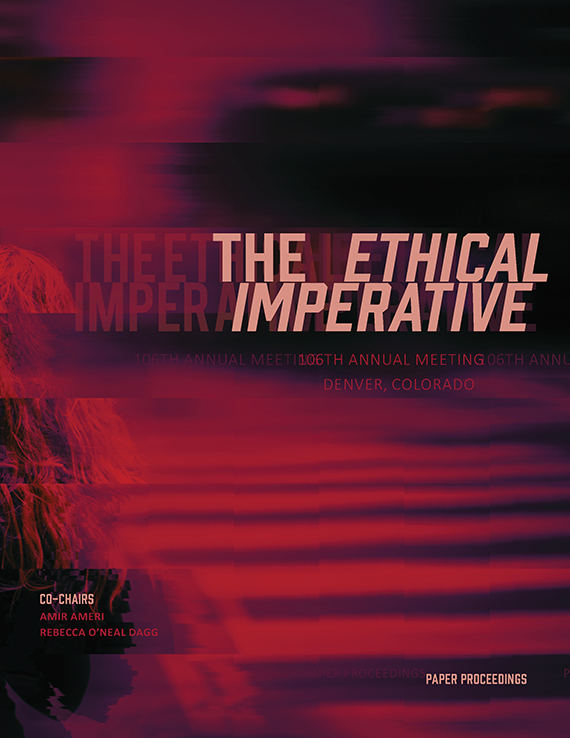Author(s): Shan Man
China has been understood as a land operated by walls since ancient times. During the traditional times, the settlement is made of courtyard buildings enclosed by walls completely. As the present age, the city has been arrayed by gated communities. They are enclosed by walls just like the way of ancient courtyard units. We believe the introverted space conception is continuing. As a result, there is a need to make qualitative research using socio-spatial patterns on how the walls define Chinese traditional space and the ethical reasons behind this. We explore relations between “wall” and distinctive practices predicated on social structures. Informed by social space theory and morphology, empirical research using qualitative methods pairs with secondary and historical data in a study of “wall” in Chinese traditional space. Socio-spatial meanings are explored through the analysis. This paper selects four patterns which are “wall” and buildings, “wall” and sequence, “wall” and view, “wall” and streets to represent how the “wall” as a device with particular roles defines Chinese ancient introverted space of specific social structures and values. We also explored the social structures and values reasons behind each pattern. As a result, “wall” is the most important way to define the introverted space even the introverted society of China. Through the analysis of walls, the paper draws some preliminary conclusions regarding the distinctly Chinese approach to the wall and the linked traditional social ethics reasons with an eye to the understanding of contemporary closed cities of China.
https://doi.org/10.35483/ACSA.AM.106.48
Volume Editors
Amir Ameri & Rebecca O'Neal Dagg
ISBN
978-1-944214-15-9

 Study Architecture
Study Architecture  ProPEL
ProPEL 
